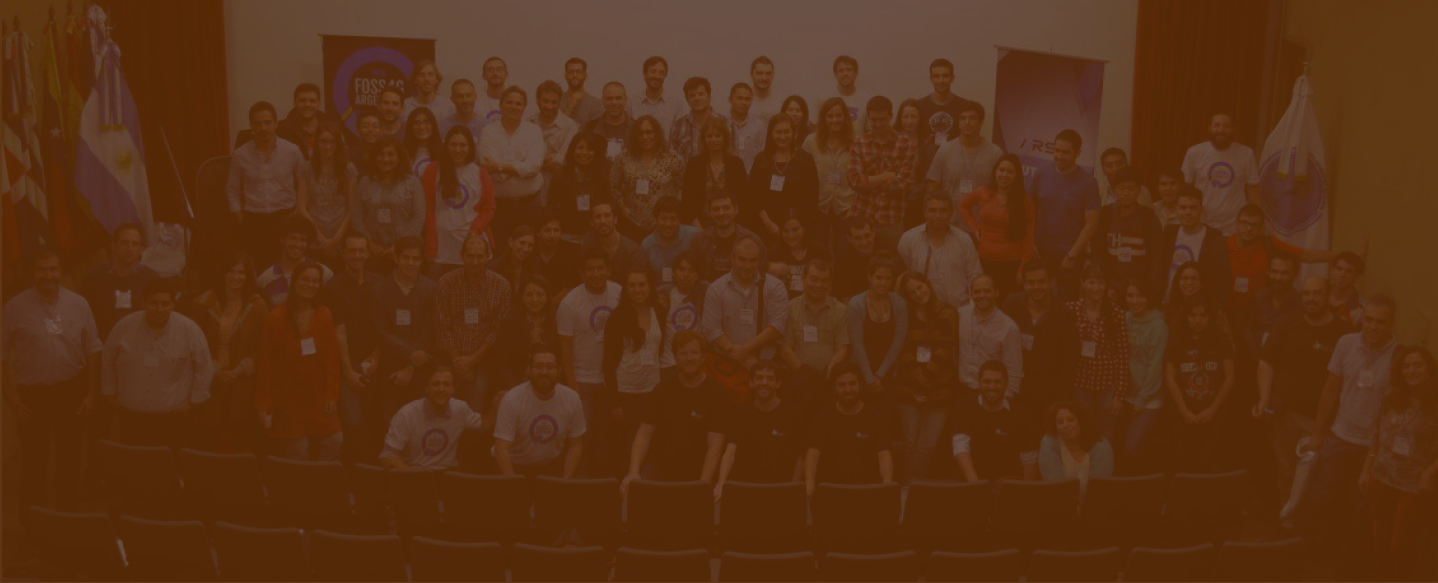2021-09-30, 14:00–14:30, Microsoft AI for Earth
Automated methods for capturing land use information remotely have and will likely always have fundamental limitations – pixel values alone do not capture local knowledge such as farming techniques, the location of sacred sites, or the fuzzy boundaries of a hunting area. This means that there is currently a lack of collective knowledge and open data and information availability about human-land interactions, which poses an obstacle for building complete local and planetary-scale environmental management systems that could contribute to ensuring sustainable development by tackling the two interconnected problems of climate change and rural poverty. Developing a better understanding of how humans use land – to encourage sustainability – requires integrating the knowledge that land users hold into the mapping process. However, the democratisation of geographic data use and production which make this possible is not yet a reality, especially in rural areas – often, land is not mapped by those who use it.
Taking an interdisciplinary approach, this research explores how inequality in participation in geographic data production and use can be reduced. Two recent geographic citizen science pilot projects in South West Nigeria and Kenya where few small communities of farmers and herders are creating digital land use maps will be presented, focusing on the co-designed prototypes – using Sapelli and web technologies – for satellite imagery-based off-site mapping and/or GNSS-based on-site mapping. Lessons learned about map semantics, the universality-customisation dilemma and the scalability challenge will be briefly discussed, with special attention to the role that popular messaging apps and their design and infrastructure can play in enhancing instant land-related knowledge sharing while also appropriately stimulating the creation of land user-generated land use maps. Links between messaging maps and open data-driven, artificial intelligence-assisted collaboration between citizens with similar and different backgrounds, realities and land-related geographic knowledge will be explored.
Automated methods for capturing land use information remotely have and will likely always have fundamental limitations – pixel values alone do not capture local knowledge such as farming techniques, the location of sacred sites, or the fuzzy boundaries of a hunting area. This means that there is currently a lack of collective knowledge and open data and information availability about human-land interactions, which poses an obstacle for building complete local and planetary-scale environmental management systems that could contribute to ensuring sustainable development by tackling the two interconnected problems of climate change and rural poverty. Developing a better understanding of how humans use land – to encourage sustainability – requires integrating the knowledge that land users hold into the mapping process. However, the democratisation of geographic data use and production which make this possible is not yet a reality, especially in rural areas – often, land is not mapped by those who use it.
Taking an interdisciplinary approach, this research explores how inequality in participation in geographic data production and use can be reduced. Two recent geographic citizen science pilot projects in South West Nigeria and Kenya where few small communities of farmers and herders are creating digital land use maps will be presented, focusing on the co-designed prototypes – using Sapelli and web technologies – for satellite imagery-based off-site mapping and/or GNSS-based on-site mapping. Lessons learned about map semantics, the universality-customisation dilemma and the scalability challenge will be briefly discussed, with special attention to the role that popular messaging apps and their design and infrastructure can play in enhancing instant land-related knowledge sharing while also appropriately stimulating the creation of land user-generated land use maps. Links between messaging maps and open data-driven, artificial intelligence-assisted collaboration between citizens with similar and different backgrounds, realities and land-related geographic knowledge will be explored.
Marcos Moreu (1)
Muki Haklay (1)
Claire Ellul (2)
Ayoade Adetoye (3)
Fabien Moustard (1)
(1) University College London, Department of Geography, ExCiteS group, UK
(2) University College London, Department of Civil, Environmental and Geomatic Engineering, UK
(3) Environmental and Economic Resource Centre, Nigeria
Use cases & applications
Topic –FOSS4G implementations in strategic application domains: land management, crisis/disaster response, smart cities, population mapping, climate change, ocean and marine monitoring, etc.
Level –1 - Principiants. No required specific knowledge is needed.
Language of the Presentation –English

